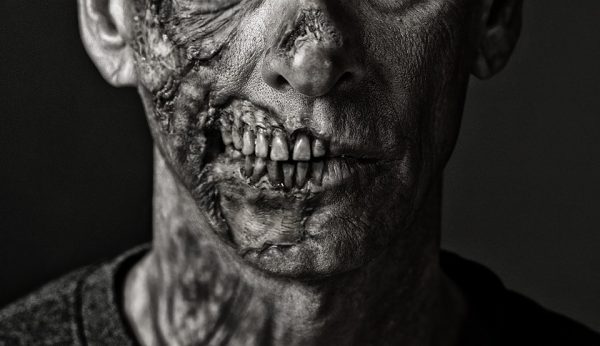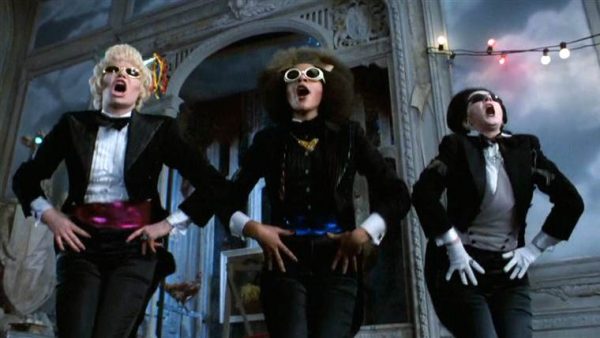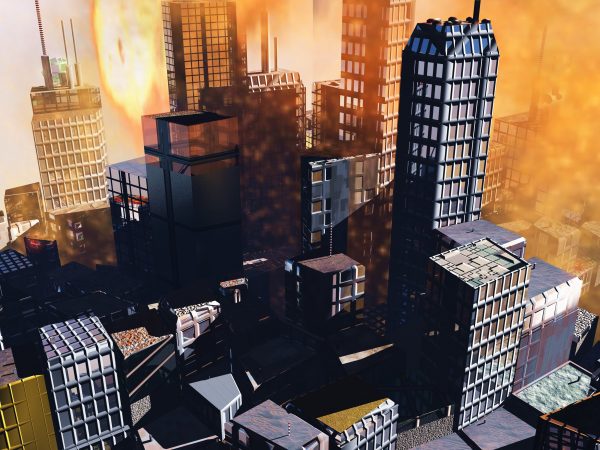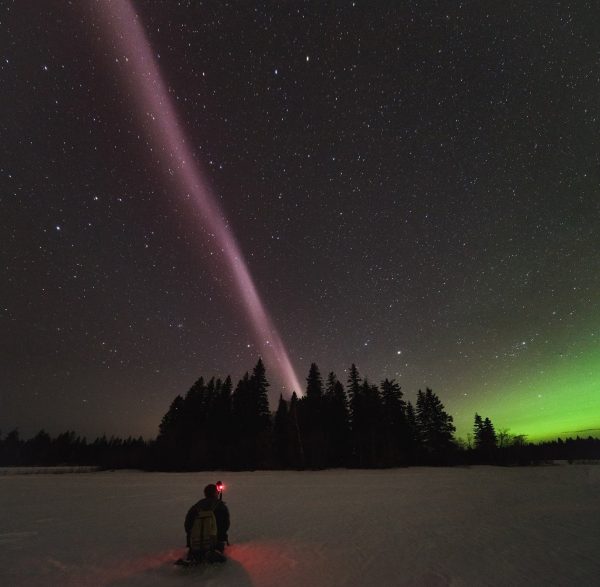SCIENCE: How Would Zombies Decay
Like all living creatures, humans die and our bodies begin to decompose right away; indeed, there’s no stopping it, even for zombies. Of course, we know zombies aren’t real, but death and decay certainly are. In AMC’s “Fear the Walking Dead,” returning Sunday, June 2, at 9 p.m. EDT/8 p.m. CDT, reanimated human corpses roam the world, terrorizing the living. Here at Live Science, we have a soft spot for the macabre, and we wanted to know just how closely zombies represent a real human corpse. So, what happens to a human body when it dies? “First will be the … Read more












